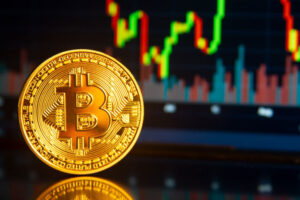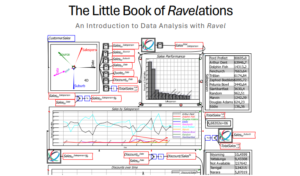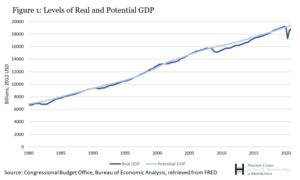This blog follows my interests in learning about money, banking, economics, supply chains, etc. This interest started a few years ago when I was made aware, by an anthropologist (David Graeber), that a foundational belief about money, is not based on empirical evidence, but rather is based on intuition. And, not only did we just make it up, we got it wrong.
And, it turns out many false ideas influence banking regulation, but more on that later.
Specifically, there is zero evidence money was invented to be more efficient than barter because there is zero evidence these pre-money barter societies existed. Rather, there is evidence, in various ancient societies, that money and taxes were coinvented together as the means whereby the king provisioned the army. And that what the use of money replaced was a system of commerce based on obligations, rather than money tokens.
After I learned this, I started paying attention to economists, anthropologists, political economists, etc, and I learned that there are other foundational ideas within the field of economics that are known to be false, and yet are still used as the basis for formulating economic policy.
As I’ve learned more, I’ve come to realize that money is a shared fiction, made real by law. It’s fiction in that we just made it up. It’s real in as much as in doing so we’ve declared it to be real, and made it a centrepiece of how we live.
And, there is one area of law that influences what money is and how it works more than any others. And that is the laws defining how banking works.
Borrowing from that famous phrase, it’s not money that makes the world go round, but rather banking regulation.
Banking, and the rules of banking, is where economic theory “touches” the real world.
Banks and banking regulation
This blog post is the “lead post” in a series about banks and banking regulation, which will describe not just how banking works, but how the rules of banking have changed over time, in various countries on earth.
Starting with (ironically) a non-banking topic. That being things economists claim are true, and use as the basis for economic policy, even though we now know they’re not true.
Foundational economic ideas that are known to be false
Foundational economic ideas that are known to be false, part 2
United States of America
USA Banking and Bank Regulation History Overview
USA Bank Regulation: 1775 to 1782: Continental currency
USA Bank Regulation: 1782: Bank of North America
USA Bank Regulation: 1791: Bank of the United States
USA Bank Regulation: 1837: Free banking period
USA Bank Regulation: 1862: Greenbacks
USA Bank Regulation: 1873: One bank panic after another
USA Bank Regulation: 1913: Birth of the Federal Reserve
USA Bank Regulation: 1917: Financing World War One
USA Bank Regulation: Financing The Roaring Twenties
USA Bank Regulation: 1929: The Great Depression
USA Bank Regulation: 1933: The New Deal
USA Bank Regulation: 1941: World War Two
USA Bank Regulation: 1944: New World Order
USA Bank Regulation: 1951: Treasury-Fed Accord
USA Bank Regulation: 1951: After the Accord
USA Bank Regulation: 1970: The Great Inflation
USA Bank Regulation: 1980: Neoliberalism
USA Bank Regulation: 1980 to 2000: The Long Boom
USA Bank Regulation: 1980s and 1990s: Savings and Loan Crisis
USA Bank Regulation: 2008: The Great Recession
USA Bank Regulation: 2020: The Covid-19 Recession



